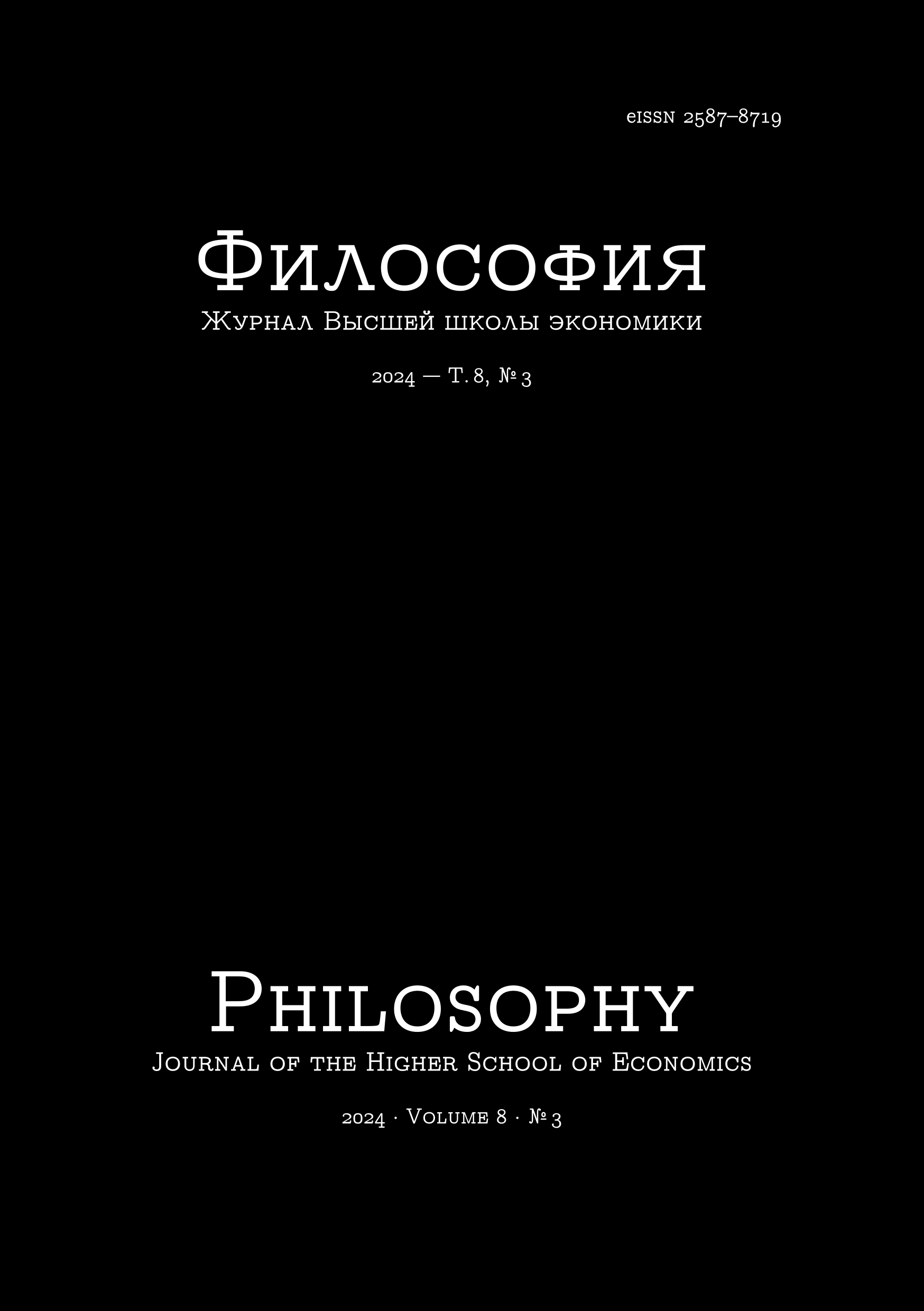К вопросу о политической субъектности науки
Аннотация
В статье предпринимается попытка рассмотрения вопроса о политической субъектности науки. Для этого проводится анализ понятия «политическое». Выделяется два его понимания. Первое связано с борьбой с противником за суверенитет. Оно базируется на способности выделять «друзей» и «врагов». Второе — с попыткой включения в социальное единство новых элементов. В этом случае политическое оказывается связано с вхождением в существующее единство новых агентов. Оба эти понимания предполагают необходимость конструирования новых миров политического, которые отличаются от уже имеющегося положения дел. Политическое оказывается связано с возможностью формировать особые перспективы, которые используются для переопределения социального единства. Политическая субъектность науки заключается в способности конструировать новые миры, которые оказывают влияния на социальную жизнь. В этом случае наука выступает агентом, создающим новые практики и технологии, влияющие на общество. Это как раз и ведет к переопределению социального единства. Подобная политическая функция науки сформировалась благодаря активному использованию результатов ее исследований в экономической и общественной жизни. Политическая субъектность характерна именно для современной науки и является побочным следствие ее успешности. Наука не стремится обладать подобной субъектностью, но и не может сама отказаться от нее, ведь именно использование результатов научных исследований и формирует эту субъектность. Таким образом, наука оказывается политическим актором не из-за собственных устремлений. Она становится структурным элементом политического.
Скачивания
Copyright (c) 2024 Philosophy Journal of the Higher School of Economics

Это произведение доступно по лицензии Creative Commons «Attribution-NonCommercial» («Атрибуция — Некоммерческое использование») 4.0 Всемирная.






